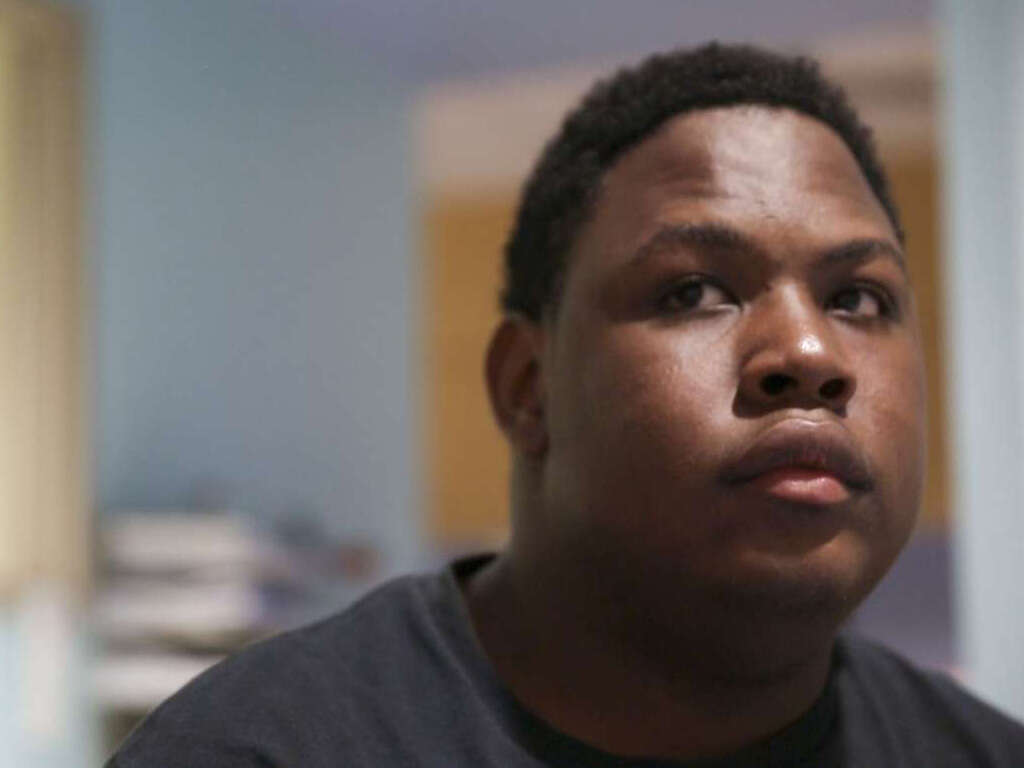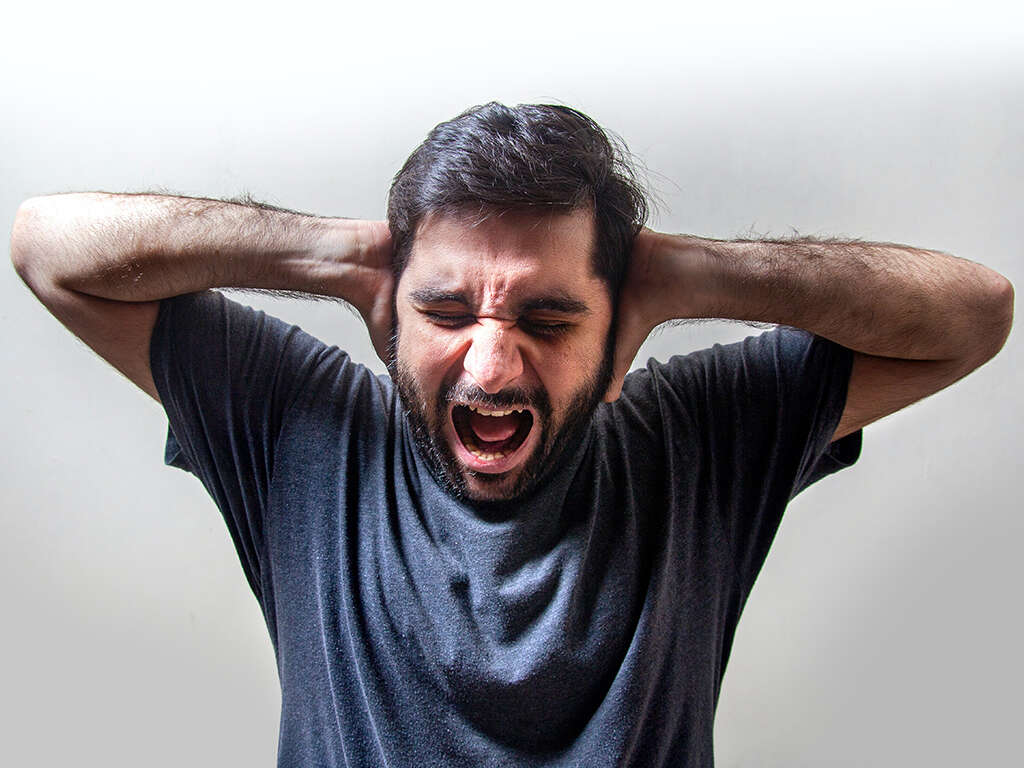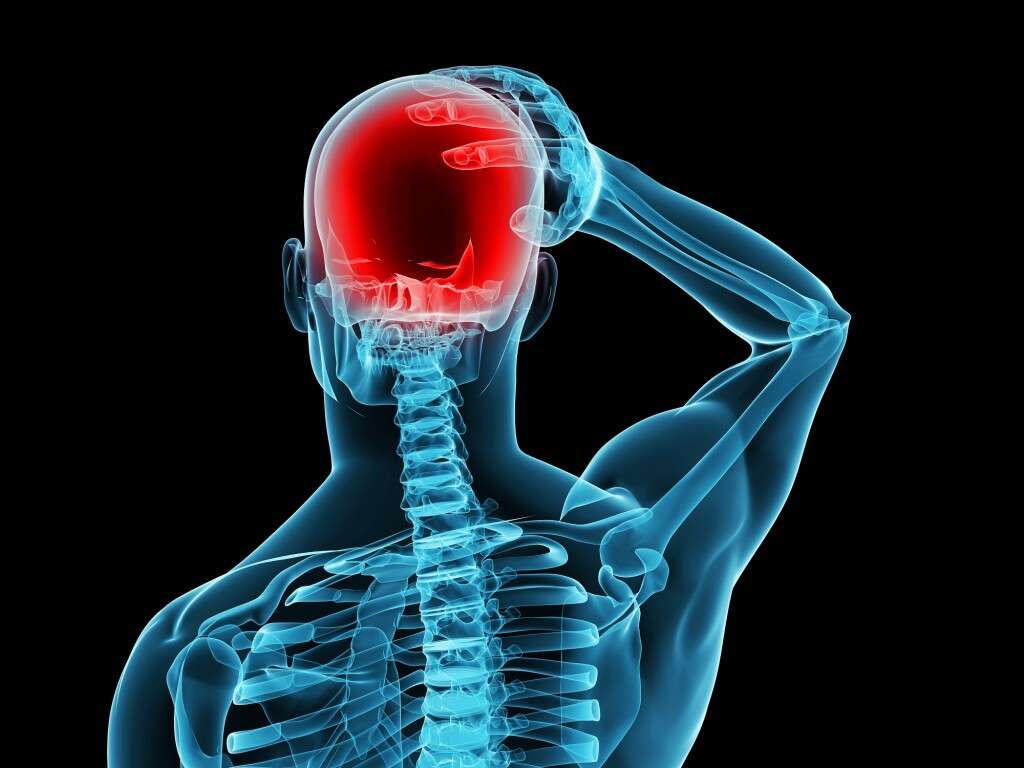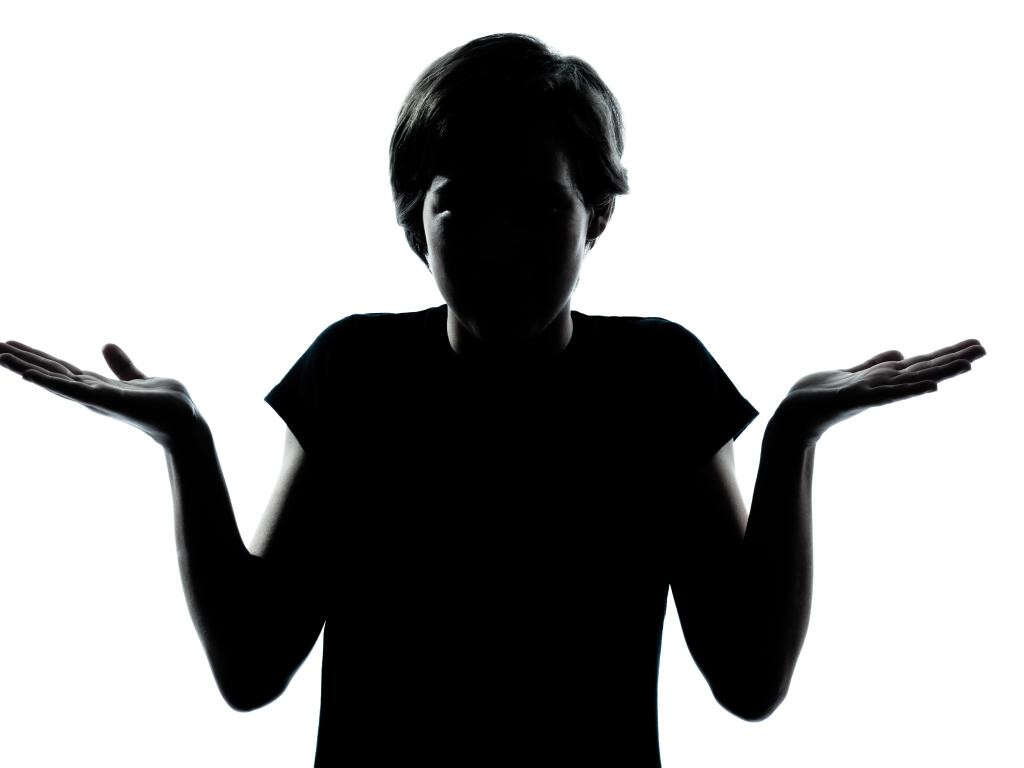10 Signs of a Concussion
Concussions are a type of brain injury that can range from mild to severe. They are generally classified as a mild traumatic brain injury – meaning that a concussion won’t kill you, even if it’s serious. The major cause of concussions is a head injury due to blunt trauma or whiplash.
Concussions tend to affect a person’s mental state and, in many cases, lead to immediate unconsciousness. Upon awakening, a person’s mental state may or may not return to normal.
If you or a loved one have experienced a blunt trauma injury in recent times and are wondering whether or not you’re suffering from a concussion, taking a look at this list of symptoms could help you decide if you need to seek medical treatment.
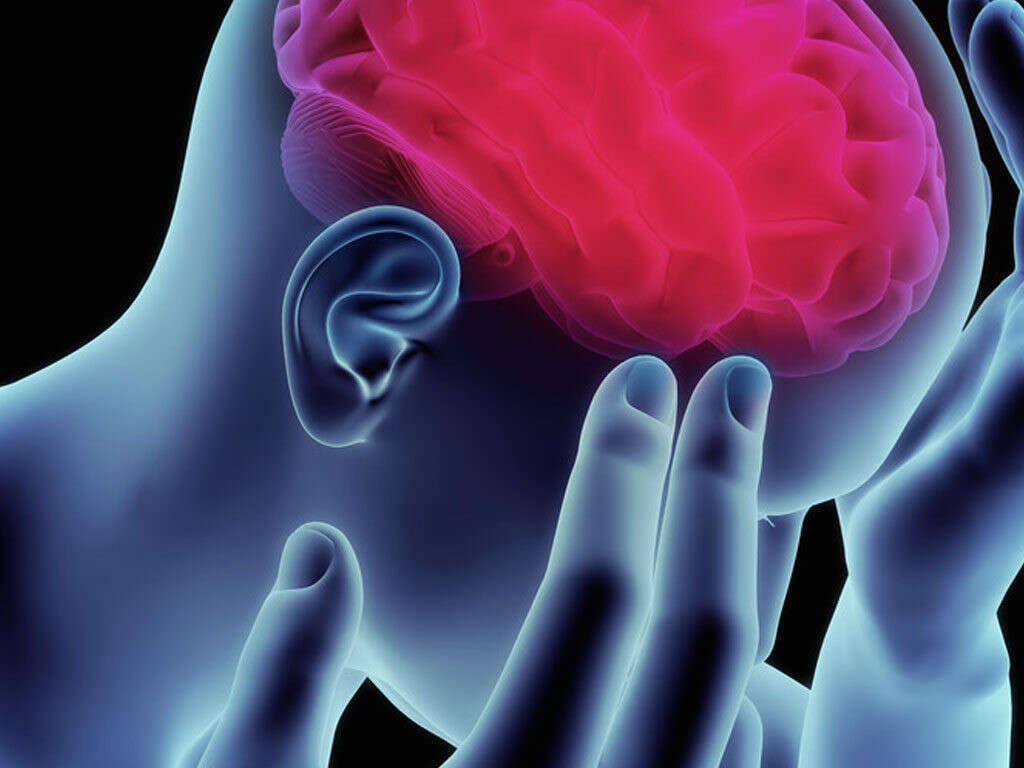
Concussion Sign #1: Confusion
Confusion, which often strikes immediately after a head injury, is one of the most common problems associated with concussions. If the person falls unconscious, they may be confused upon waking up. In some cases, they may not fall unconscious but feel confused regardless.
With mild to moderate concussions, the confusion only lasts a few minutes. However, a serious concussion can permanently damage the brain causing confusion that may remain for days, weeks, or years.

Concussion Sign #2: Drowsiness
Another symptom commonly experienced after a concussion is drowsiness. The affected person may feel sluggish and tired and not have the energy to complete tasks that they were ready to do.
Drowsiness becomes particularly apparent if one gets a concussion during a sports game. They may notice the severity of their injury when they realize that they no longer have the energy to participate in the game. Drowsiness can last anywhere from a few hours to a few weeks or longer.

Concussion Sign #3: Memory Loss
When a serious concussion occurs, the trauma of the injury can lead to memory loss. In some cases, the memory can be regained in a few days, but when the trauma is severe, the memory loss can be so significant that the person has to relearn things.
There have been cases of people experiencing serious head injuries and forgetting how to properly speak or how to participate in their favourite activities, like playing guitar. These people had to relearn how to perform these activities anew after the concussion.

Concussion Sign #4: Blurred Vision
If you hit your head so hard that you experience blurred vision or double vision, you should take some time to rest because this could indicate a concussion. Blurred or double vision would likely occur as a result from an interruption in the signal that’s being sent from your eyes to your brain.
This is a symptom of a serious injury and proper care should be taken to ensure that you don’t aggravate the problem. The blurred vision or double vision is usually only a momentary issue that occurs immediately after the concussion. If the symptom persists, however, you need to seek medical attention.

Concussion Sign #5: Dizziness
Another symptom indicative of a concussion is dizziness. It can strike immediately after the injury or when a person regains consciousness after their injury and is generally a sign that something has been damaged.
The dizziness usually subsides after a few moments, though in some cases, it can last up to an hour and with more serious injuries can persist overnight. In case of the latter, seek medical attention.

Concussion Sign #6: Headache
Headaches are a fairly common symptom after getting an injury. However, experiencing a headache after hitting your head does not necessarily indicate that you have had a concussion.
If you feel a headache in conjunction with any of the symptoms mentioned here, you can be relatively certain that you are experiencing some degree of a concussion. Even if you aren’t, you might want to seek medical help to ensure you are in good health.

Concussion Sign #7: Nausea and Vomiting
Feeling nauseous is another experience that can happen after a concussion. In many cases, nausea is often accompanied by vomiting. These symptoms can be dangerous if a person has lost consciousness after their injury.
However, concussions are rarely so serious that a person will vomit while they are unconscious. Still, if you vomit or feel sick after a head injury, you might want to go to the doctor.

Concussion Sign #8: Light Sensitivity
One problem that people can experience after hitting their head is light sensitivity. Bright lights, like the sun or fluorescent light bulbs, can become excessively stimulating, irritating, and downright uncomfortable.
In these cases, one can be relatively certain that they have developed a concussion. The light sensitivity can last for several hours, days, or weeks, depending on the severity of the concussion. Wearing sunglasses can certainly be helpful, but this is a sign that you will want to get checked out by a medical professional.

Concussion Sign #9: Balance Problems
People who have suffered a concussion may experience balance problems that usually arise in addition to other issues like dizziness and confusion.
When you hit your head hard enough, you can disrupt some of the circuitry in your brain. This can lead to actual problems with your motor coordination. Some people who get seriously concussed find that they are unable to walk in a straight line or manage their depth perception properly.
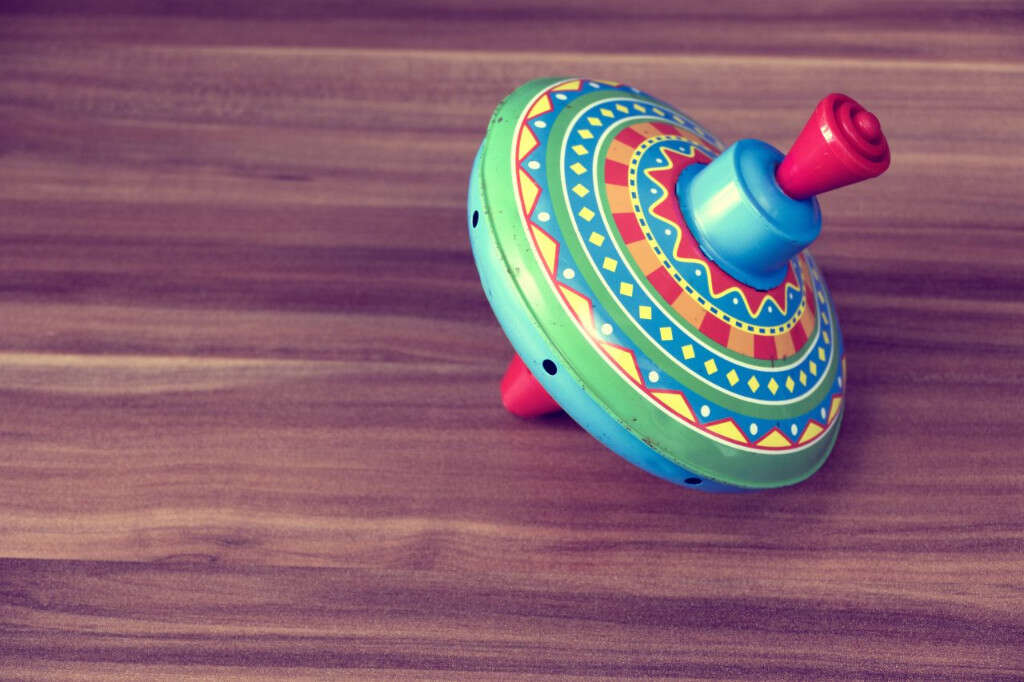
Concussion Sign #10: Slow Responses
After experiencing a concussion, people may seem a little bit slower than they did beforehand. It’s common to have a slower response time to conversations, physical stimuli, sensory stimuli, etc.
Having a slow response time isn’t always an indication of permanent brain damage, but it can be. At this point, it’s best to seek medical attention.






